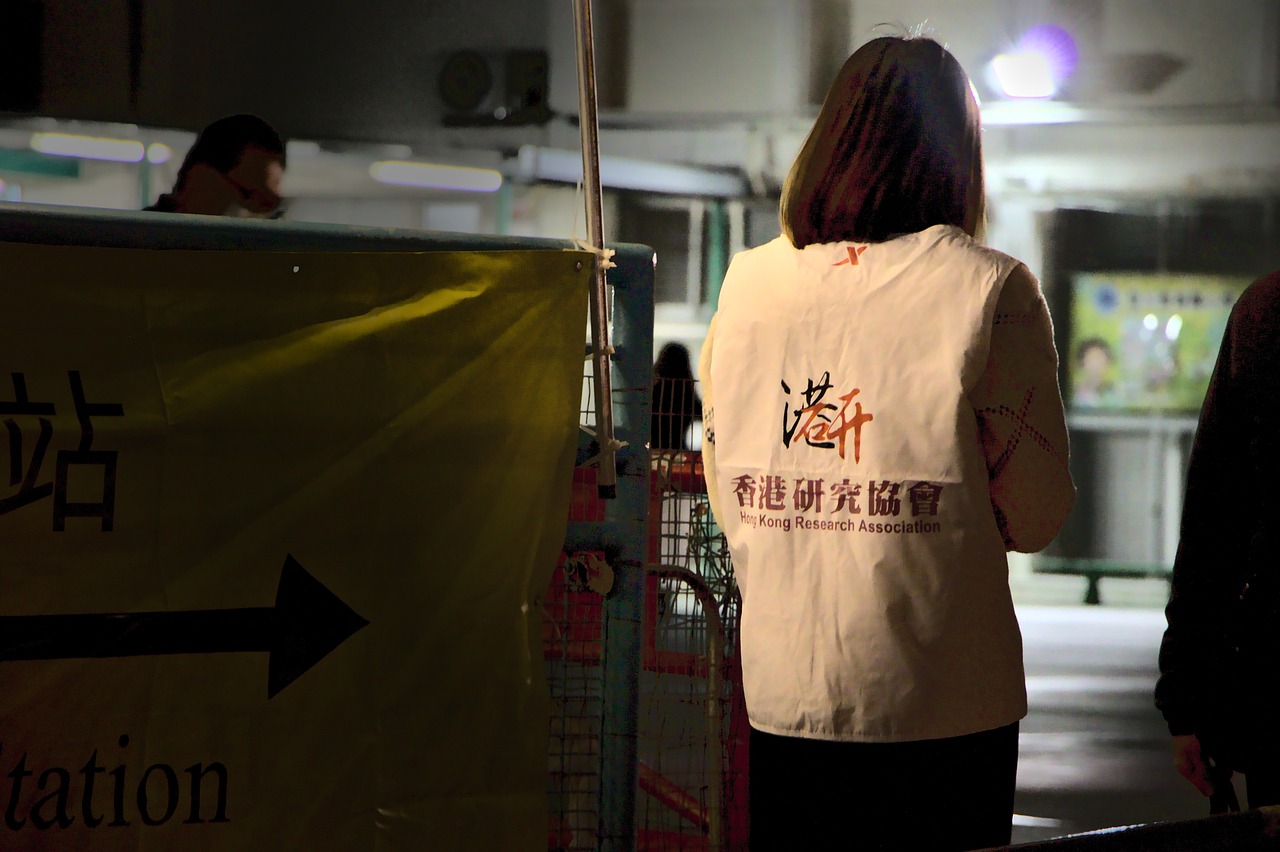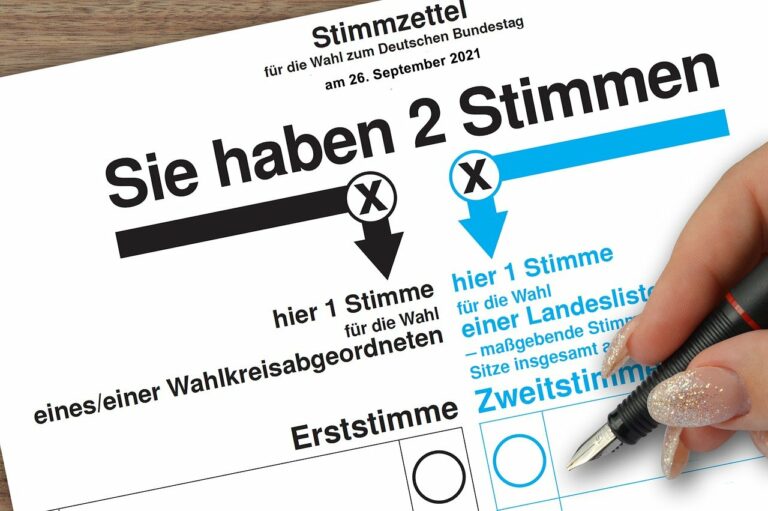Understanding the Impact of Online Political Debates on Voter Perception
Online political discourse has seen a significant surge in recent years, with more individuals turning to social media platforms to express their views and engage in discussions on political matters. The accessibility and convenience of online platforms have made it easier for people to connect with like-minded individuals and participate in debates on various political issues. This shift towards online discourse has reshaped the landscape of political communication, allowing for a broader spectrum of voices and opinions to be heard.
Moreover, the rise of online political discourse has also brought to light the challenges of echo chambers and confirmation bias. With the ability to curate their online feeds and only engage with content that aligns with their existing beliefs, individuals may unintentionally isolate themselves within echo chambers. This phenomenon not only limits exposure to diverse perspectives but also reinforces pre-existing biases, making it difficult to have meaningful and constructive dialogues across different political ideologies.
The accessibility and convenience of online platforms have made it easier for people to connect with like-minded individuals
Online discourse has reshaped the landscape of political communication, allowing for a broader spectrum of voices and opinions to be heard
Challenges such as echo chambers and confirmation bias have been brought to light in online political discourse
Individuals may unintentionally isolate themselves within echo chambers by curating their online feeds
Limited exposure to diverse perspectives reinforces pre-existing biases, making constructive dialogues difficult across different political ideologies.
The Influence of Social Media Platforms
Social media platforms have undeniably transformed the landscape of political discourse, providing individuals with a virtual space to engage in discussions and debates. The instantaneous dissemination of information through platforms like Twitter and Facebook has allowed users to stay up-to-date with political events and express their opinions in real time. This constant flow of information has not only shaped public perceptions but has also influenced political narratives and ideologies on a global scale.
Moreover, the interactive nature of social media platforms has facilitated connections between like-minded individuals, leading to the formation of echo chambers where users are predominantly exposed to opinions that align with their own. This phenomenon reinforces confirmation bias, as individuals tend to seek out information that confirms their existing beliefs while dismissing opposing viewpoints. Consequently, social media platforms have inadvertently perpetuated polarization and homogenized political discussions, potentially hindering the exploration of diverse perspectives and constructive dialogue.
Echo Chambers and Confirmation Bias
In the realm of online political discourse, echo chambers and confirmation bias have become prevalent issues. Echo chambers refer to the online spaces where individuals are predominantly exposed to information and opinions that align with their existing beliefs. This phenomenon creates an environment where people only hear viewpoints that reinforce their perspectives, ultimately leading to a reinforcement of existing biases without exposure to diverse opinions.
Confirmation bias plays a crucial role within echo chambers, as individuals tend to seek out information that confirms their preconceived notions while disregarding or discrediting conflicting viewpoints. This selective exposure to information not only solidifies one’s beliefs but also hinders critical thinking and the ability to engage in meaningful discussions with those who hold differing opinions. As a result, echo chambers and confirmation bias contribute to the polarization and division within online political conversations.
What are echo chambers and confirmation bias?
Echo chambers are spaces where individuals are only exposed to information and opinions that reinforce their existing beliefs, while confirmation bias is the tendency to seek out information that confirms one’s preconceptions.
How do social media platforms contribute to the creation of echo chambers?
Social media platforms use algorithms that prioritize content based on the user’s past behavior and preferences, leading to the reinforcement of existing beliefs and opinions within the online echo chambers.
Why is the rise of online political discourse concerning?
The rise of online political discourse is concerning because it can lead to polarization, extremism, and a lack of understanding and empathy towards opposing viewpoints.
How can individuals combat echo chambers and confirmation bias?
Individuals can combat echo chambers and confirmation bias by seeking out diverse sources of information, actively engaging with different perspectives, and being open to challenging their own beliefs.





